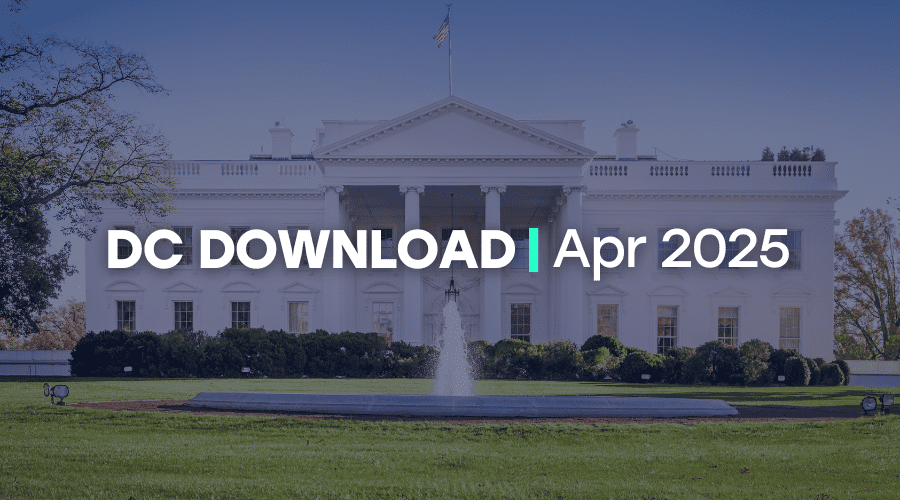Some people who smoke cigarettes get lung cancer. Some very fortunate smokers do not get lung cancer. The causes for this discrepancy may warrant further study, but they don’t warrant inaction. Smoking is the leading preventable cause of death in the United States and tobacco cessation can save countless lives and billions of public health dollars.
We are currently in a similar (admittedly less dramatic) situation with regards to charitable giving policies in America. Seemingly every policymaker wants to know what is happening to charitable giving in the wake of the 2017 tax bill. Those are extremely important questions that many in our sector will be working hard to answer for some time.
In the meantime, what do we know already? Independent Sector joined with the Tax Policy Center to answer that very question at a convening earlier this year. I was fortunate enough to listen in as experts in the field of tax policy and philanthropy discussed lofty concepts of salience, efficiency, administrability, and more. But through all that theory, a consensus was clear: tax policy impacts charitable giving, the 2017 bill will hurt giving, and Congress needs to act.
There are a lot of numbers that bear watching over the next year and beyond, as more Americans adjust to a new tax code. But we must not allow those valid questions to obscure this very real consensus, because nonprofits can’t afford to wait multiple years for help. Every day, communities struggle with homelessness, disease, hunger, and mental health. We cannot underfund critical nonprofit services addressing these needs, along with many others, for years to come.
Learn more about this consensus, download the infographic, or read the full report.
And if you’re not going to let uncertainty hold you back, please visit our Action Center and tell your Representative to cosponsor the Charitable Giving Tax Deduction Act today!



